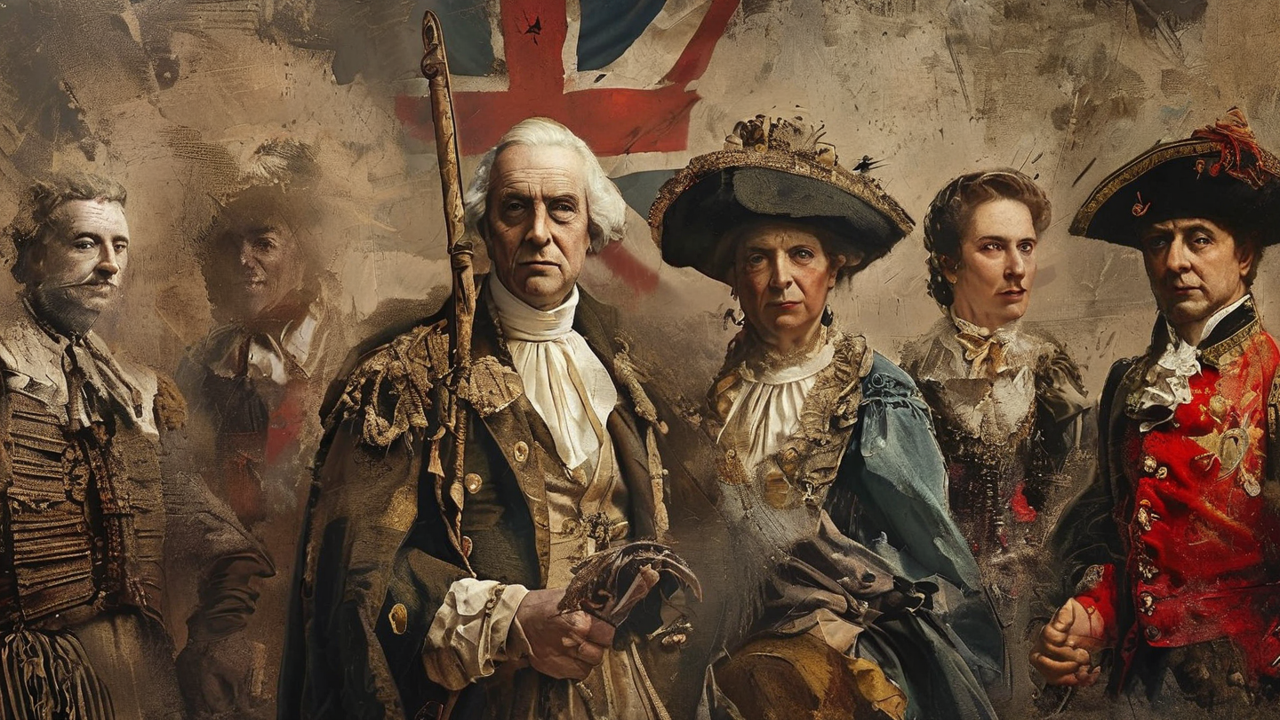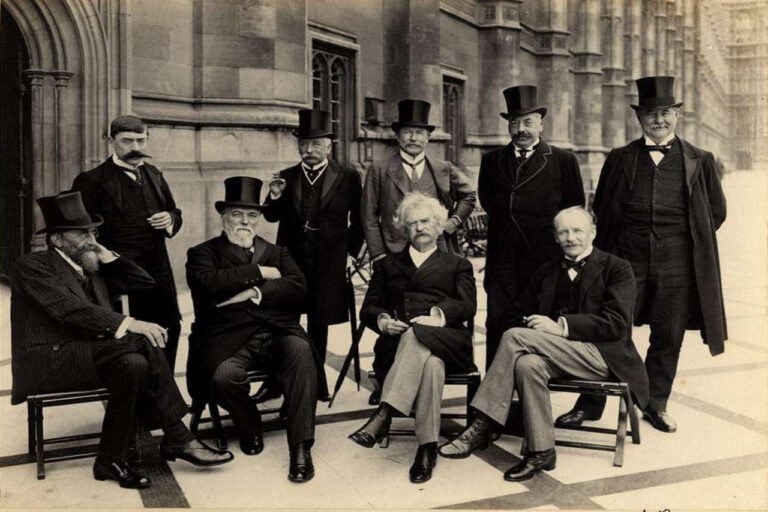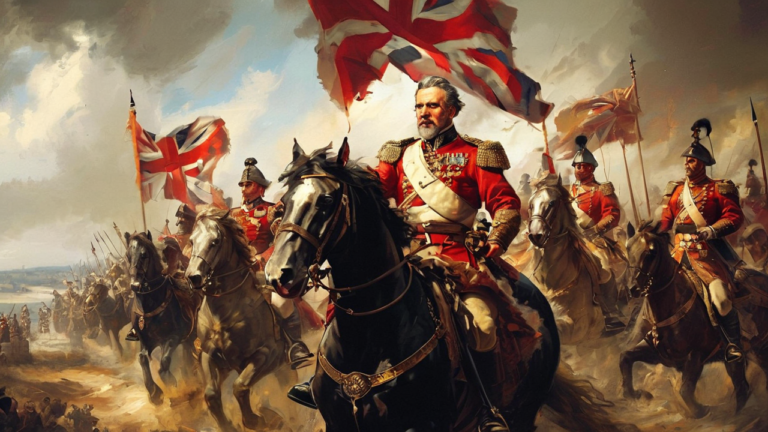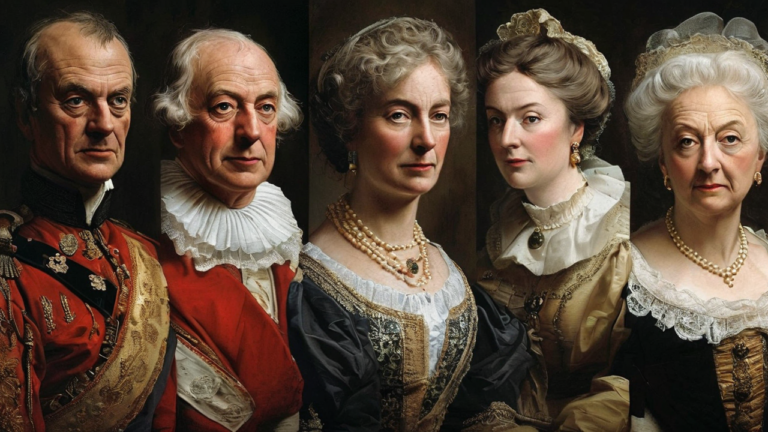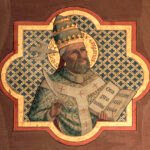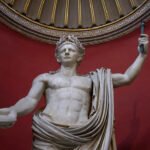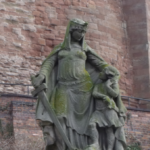British culture has had an immense impact on the world. From forming the global landscape of literature, art, and music to influencing societal values and standards, the cultural icons of Britain are respected across continents. But who are these incredible figures that have left such an enduring mark? This article dives into the stories of a few of Britain’s most notorious people, investigating their contributions and how their work continues to impact art, literature, and society today.
The Influence of British Culture on the World Stage
Britain’s cultural impact expands far beyond its borders. Throughout history, British art and literature have reverberated globally, forming developments, rousing revolutions, and redefining societal guidelines. Cultural standards were spread far and wide During the height of the British Realm, cementing the nation’s part as a major cultural powerhouse. Icons such as Shakespeare and Dickens didn’t just entertain—they impacted the world’s understanding of love, society, and the human condition.
William Shakespeare: The Bard of Avon
No discussion of British cultural icons is complete without William Shakespeare. Often alluded to as “The Bard,” Shakespeare is one of the foremost celebrated writers in history. His plays, including Hamlet, Macbeth, and Romeo and Juliet, have transcended time and are significant nowadays. His exploration of complex human feelings, power struggles, and awful blemishes resonates over societies. Shakespeare’s characters are so embedded in present-day culture that expressions from his works are utilized in everyday language. His impact on writing is unparalleled, making him a cornerstone of British and worldwide culture.
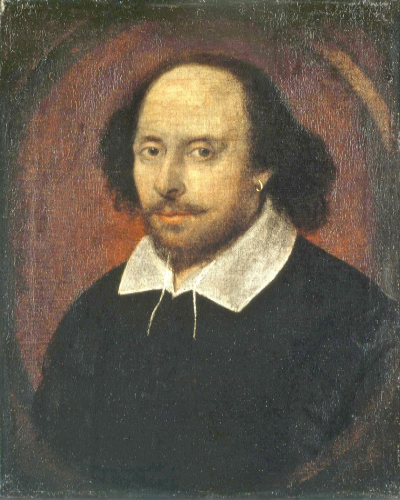
Charles Dickens: The Voice of Victorian Society
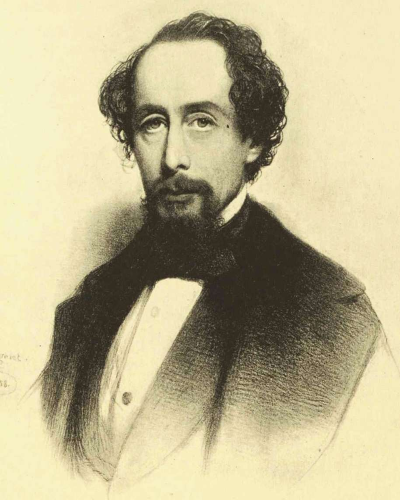
Charles Dickens captured the substance of Victorian society, lighting up the cruel realities of life for the poor and the underprivileged. His famous writings, such as Great Expectations, Oliver Twist, and A Christmas Carol, give a window into the struggles of the time and also provide immortal ethical lessons. Dickens had a special capacity to weave social studies into engaging stories, making his work both entertaining and enlightening. His distinctive character depictions and his evaluations of societal ills still resonate in discussions of poverty, disparity, and social equity.
The Brontë Sisters: Pioneers of Feminine Expression
The Brontë sisters—Charlotte, Emily, and Anne—are central figures in British writing, celebrated for their inventive narrating and profound investigation of human feelings. Charlotte Brontë’s Jane Eyre and Emily Brontë’s Wuthering Heights are perfect works of art that proceed to be studied and analyzed for their complex depictions of love, independence, and societal standards. The Brontës broke the shape of conventional female characters in literature, offering instead strong, rebellious, and complex heroes who challenged the status quo. Their impact is particularly noteworthy in the realm of feminist literature.
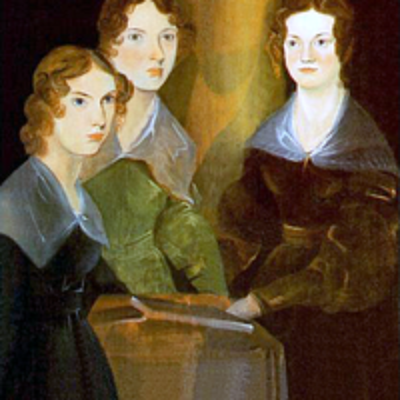
Virginia Woolf: The Innovator of Modernism
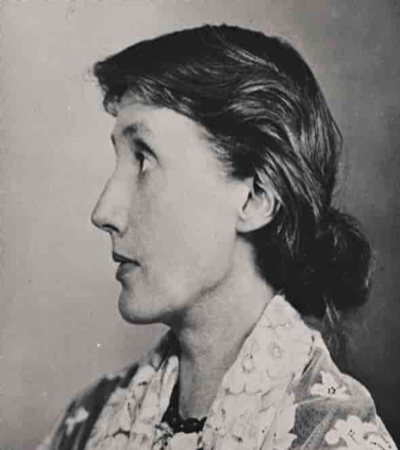
Virginia Woolf remains one of the foremost vital figures in modernist writing. Known for her commanding use of stream-of-consciousness narrative strategies, Woolf’s works like Mrs. Dalloway and To the Lighthouse broke away from conventional narrating structures. Woolf’s profound reflection on themes such as gender roles, mental health, and the internal life of her characters was progressive. Her candid exploration of the struggles confronted by women and her critique of societal standards proceed to be central topics in feminist discourse nowadays.
Sir Winston Churchill: More Than Just a Statesman
Although Sir Winston Churchill is well-known for his administration during World War II, his impact grows into the culture as well. Churchill’s powerful speeches and writings, including The Second World War series, have left an enduring legacy. His mastery of language and his rebellion in the confront of adversity not only made him an impressive political leader but also a symbol of flexibility. His work captures the British spirit, making him a cultural icon who proceeds to inspire.
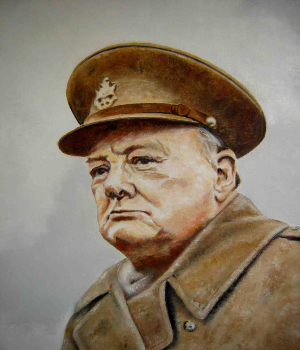
The Beatles: Revolutionizing Music and Pop Culture
The Beatles revolutionized celebrated music and culture in the 1960s, starting a cultural improvement that went beyond music. Albums like Sgt. Pepper’s Lonely Hearts Club Band and Abbey Road are not only showstoppers of melodic advancement but also symbols of the countercultural change of the time. The Beatles’ impact grows beyond music, impacting fashion, dialect, and indeed political developments. Their contribution to the British invasion, which displayed British music to the American market, stamped a noteworthy cultural change that reshaped around the world pop culture.
J.R.R. Tolkien: The Father of Modern Fantasy
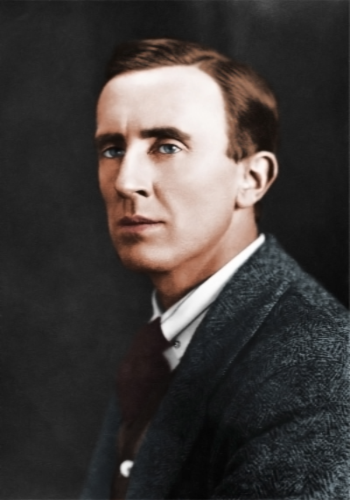
J.R.R. Tolkien’s writings, especially The Lord of the Rings and The Hobbit, are underlying writings in the fantasy class. His rich world-building, complete with point-by-point dialects, history, and mythologies set a standard that numerous fantasy writers endeavor to coordinate. Tolkien’s impact can be seen not only in literature but also in film, gaming, and pop culture. His creative narrating and intricate stories have motivated generations of readers and makers, making him a cultural giant within the domain of fantasy.
Agatha Christie: The Queen of Mystery
Agatha Christie is synonymous with mystery books. Her works, such as Murder on the Orient Express and The Murder of Roger Ackroyd, are ageless illustrations of criminologist fiction. Christie’s capacity to create complex plots with shocking turns has cemented her as an excellent storyteller. She is credited with popularizing the genre and impacting countless mystery writers. Her famous characters, like Hercule Poirot and Miss Marple, stay cherished figures in literary history.
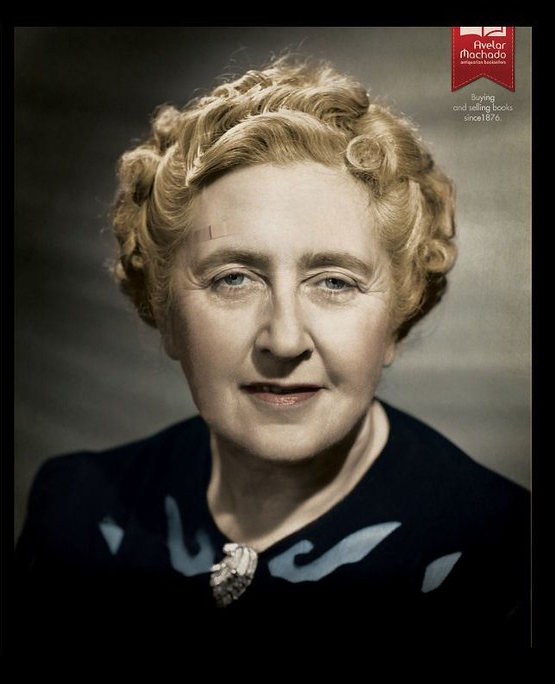
David Bowie: A Cultural Chameleon

David Bowie was more than just a musician—he was a social marvel. Known for his constantly advancing persona, Bowie challenged societal standards, especially in areas of gender and identity. His groundbreaking collections, like the Rise and Fall of Ziggy Stardust, mixed music with dramatic execution, making a modern standard for artistic expression. Bowie’s impact on fashion, music, and culture is significant, and his legacy proceeds to motivate new generations of craftsmen.
Jane Austen: The Chronicler of British Society
Jane Austen’s sharp mind and keen perceptions of social elements have made her one of the most adored writers in English writing. Her novels, especially Pride and Prejudice and Sense and Sensibility, give a significant look at class, connections, and societal desires in 18th and 19th-century England. Austen’s capacity to capture the subtleties of human behavior, combined with her biting social commentary, has guaranteed her works stay significant in discussions of social mobility and gender roles.
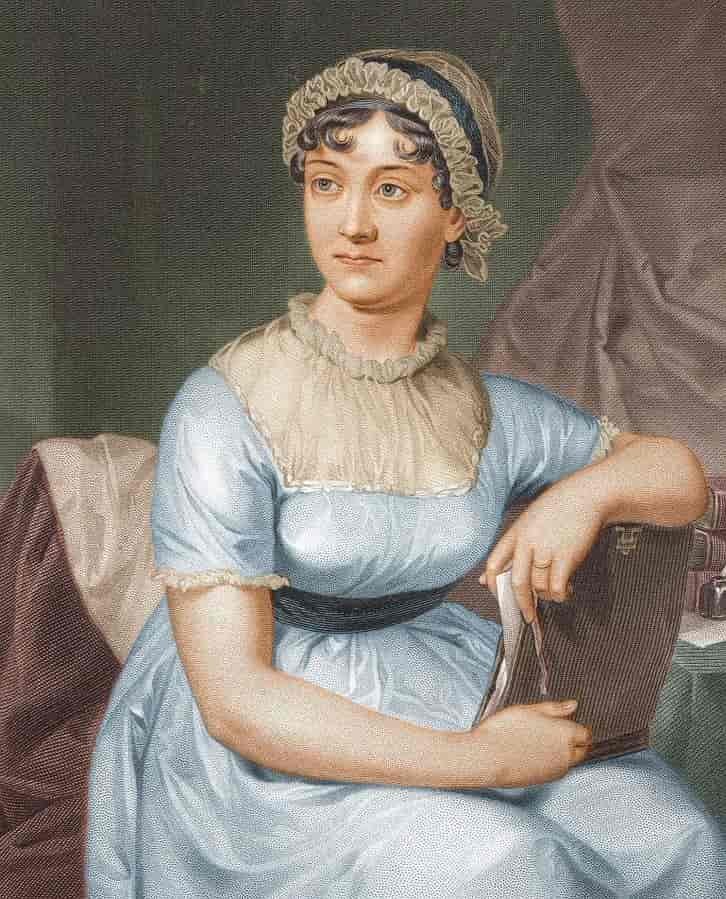
George Orwell: The Prophet of Dystopia
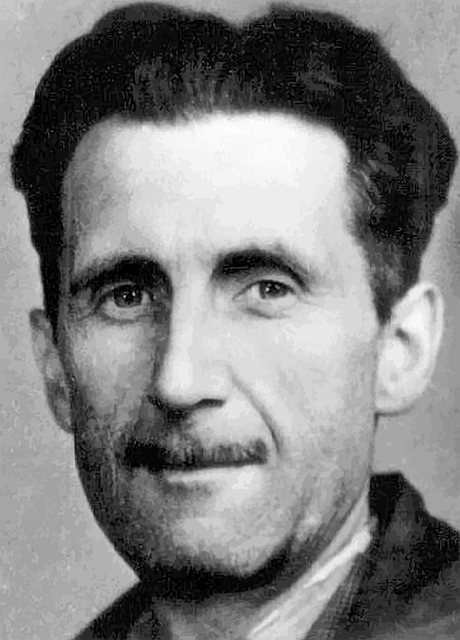
George Orwell’s dystopian novels, 1984 and Animal Farm proceed to shape political discourse and evaluate totalitarianism. Orwell’s experiments of observation, propaganda, and dictatorship have made him an iconic figure in talks about freedom, truth, and control. His works are frequently referenced in debates about government overreach, making Orwell not just a scholarly icon but also a social touchstone for those battling against abuse.
The Legacy of British Cultural Icons in the 21st Century
The cultural icons discussed here have left legacies that proceed to impact art, literature, and society. Whether it’s through the ageless significance of Shakespeare’s plays, the ongoing appeal of The Beatles’ music, or the worldwide discussions motivated by Orwell’s dystopias, these figures have molded not only British culture but global culture as well. Their role proceeded to resonate, impacting modern artists, scholars, and masterminds.
Conclusion
British cultural figures have had a profound and enduring impact on the world as we know it today. Through their contributions to art, literature, and society, these legends have made legacies that proceed to motivate. Their impact is woven into the fabric of global culture, guaranteeing that their works will be celebrated for eras to come.
FAQs
1. What makes a cultural icon?
A cultural icon is someone whose influence transcends their specific field, shaping broader societal trends and leaving a lasting impact on culture.
2. Why is Shakespeare considered a cultural icon?
Shakespeare’s exploration of human nature, complex characters, and mastery of the English language have made his works timeless, influencing literature and performance art worldwide.
3. How did British literature influence global literature?
British literature, through its exploration of universal themes and pioneering literary techniques, has set standards and trends that have been adopted and adapted globally.
4. What was the significance of the Beatles in pop culture?
The Beatles revolutionized music, fashion, and societal standards, driving the countercultural development of the 1960s and forever changing the scene of popular culture.
5. How have British cultural icons influenced modern society?
British icons like Shakespeare, Dickens, and Orwell have shaped discussions on social justice, governance, and artistic expression, impacting how we perceive and navigate the world today.

